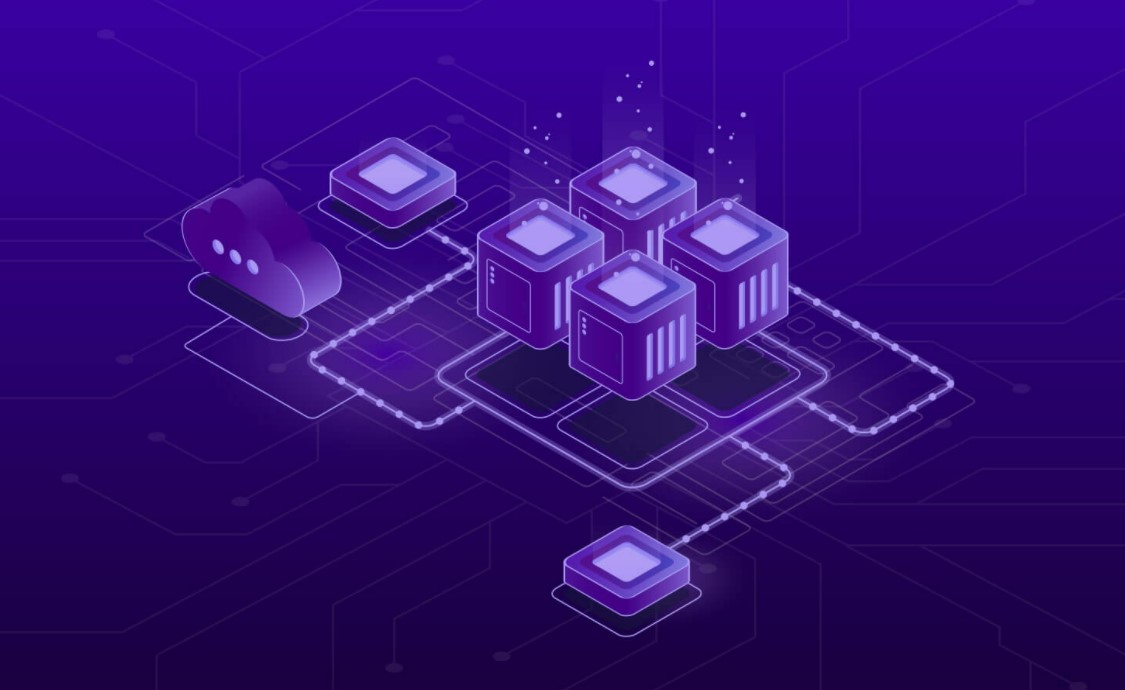A Blockchain is a distributed ledger system wherein the trust in the transactions comes not from the central authority running the ledger but the network of distributed stakeholders running the ledger, through various cryptographic methods. This makes it nearly impossible for bad actors to change the ledger making it a great source of structured and reliable data. As a natural fit, financial transactions found their footing with this technology in the form of crypto currencies but the ecosystem spans much wider including but not limited to contracts, art, authenticity, trading and even a new generation of applications being built on top.
Big data analytics run on the blockchain is often referred to as Blockchain
Analytics and opens up the avenue into a new and very reliable data source and is rightfully gaining enormous traction lately. This further extends a businesses ability to make data driven decisions and react to the ever changing consumer needs.
Use cases of blockchain analytics that stand promising going forward:
Accessing and understanding transaction data
Blockchain was first implemented for crypto transactions and showed great potential and is a thriving trillion-dollar ecosystem. Given the anonymous nature of transactions, it entices criminals to use the new type of currency to conduct illegal transactions. Naturally, law enforcement became an early adopter of blockchain analytics to identify suspected criminal and fraudulent activity. The same idea could be extended into new ways of evaluating entire industries' P2P transactions, currency flow, and a variety of other transactions towards positive meaningful business outcomes.
Enhanced supply chain management
Use of blockchain technology in complex supply chains can enhance products’ traceability, improve coordination between partners, and even aid in access to financing. On one hand, analyzing the blockchain data can provide evidence for identifying all the fraudulent activities and root cause/culprit behind the activity. On the other, the reduced risk environment that it creates allows businesses to streamline their business processes significantly and help drive down costs and increase efficiency.
Empowering predictive analytics
Small companies or new teams with limited funding, struggle to acquire abundant data to derive meaningful predictive analytics. Even the data acquired might be of limited scope leading to skewed results. Use of public blockchains is a game changer in this aspect. This democratization of rich data access allows businesses to leapfrog their analytics effort by leveraging not just their in-house data sources but this new source of massive amounts of clean data.
Smart cities with matured IOT
Each IOT device works autonomously but in building the model of Smart Cities, every device needs to request or send data to a central hub which hinders the scalability of the whole system. Use of smart contracts in blockchain networks can allow IOT devices to work more securely and autonomously. Applying blockchain analytics to enormous amounts of data generated by IOT devices will unlock its true potential.
Taking over data sharing
Blockchain can help in the storage of data in a distributed system and make it easily accessible to various project teams. Easy accessibility of data makes the whole analytics process much easier. It in-fact makes collaboration among data analysts/scientists and other data consumers effortless when compared to traditional data repositories. The platform also assists data scientists in monetizing the analysis results by sharing it over the network.
Smoother educational processes
Blockchain analytics stands as a promising technology in the education sector, it empowers the learners and improves the security & efficiency of educational institutes. Analyzing the data and customizing the learning paths accordingly could make the programs apt for students and reduce the chances of students dropping out. This technology helps streamline the application process, improve the efficiency and increase the conversion rate for the educational institutes. It can also revolutionize student record keeping by holding the authenticity of the document intact and anonymous which can further be shared across institutes
To Conclude
The often public nature of the blockchain and more importantly the reliability of data opens up a whole world of new possibilities, but at the same time the anonymity and the fact that it is a new and emerging technology poses significant challenges too. Mentioned above are merely a handful of use cases that are leading the way to Web3.0 and a new generation of businesses. This change in landscape compels organizations to stay in touch with these new developments and innovate to leverage them. Partnering with data experts who showcase an entrepreneurial spirit and are on top of the latest and greatest in this ever-changing field is a great way to get started on your Blockchain Analytics journey.




